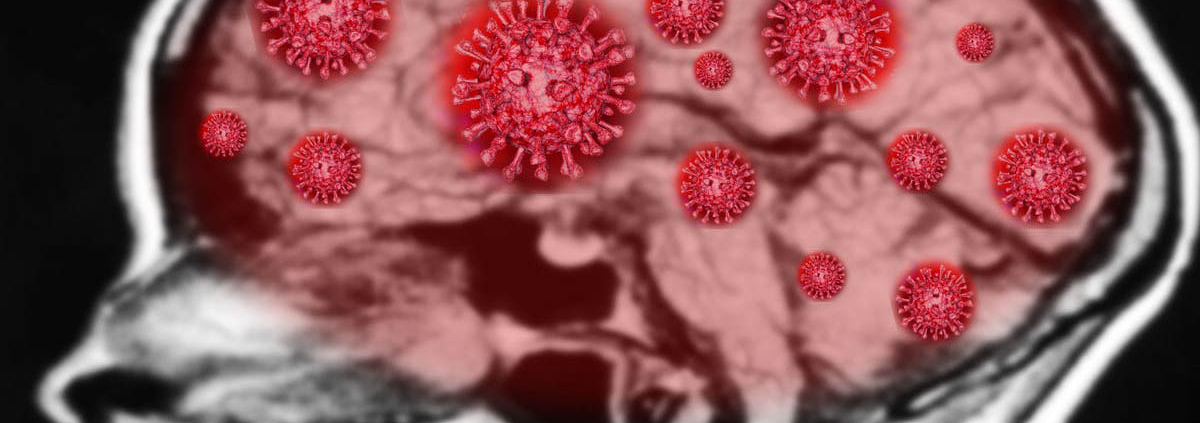The study published today in Thorax, by researchers from King’s , investigates the association between smoking and the severity of the COVID-19.
Researchers analysed data from the ZOE COVID Symptom Study App. Of the participants of the app, 11% were smokers. This is a lower proportion than the overall UK population of 14.7%, however, it reflects the demographics of the self-selected sample of the ZOE COVID Symptom Study.
While more than a third of users reported not feeling physically well during the period of study (24th March and April 2020), current smokers were 14% more likely to develop the classic triad of symptoms suggesting diagnosis of COVID-19: fever, persistent cough and shortness of breath – compared to non-smokers.
Current smokers were also more likely to have a higher symptom burden than non-smokers. Smokers were 29% more likely to report more than five symptoms associated with COVID-19 and 50% more likely to report more than ten, including loss of smell, skipping meals, diarrhoea, fatigue, confusion or muscle pain. A greater number of symptoms suggested more severe COVID-19.
Additionally, current smokers who tested positive for SARS-CoV-2 were more than twice as likely as non-smokers to attend hospital.
The researchers recommended that a smoking cessation strategy be included as an element to address COVID-19, as smoking increased both the likelihood of symptomatic disease and disease severity. Reduction in smoking rates could also reduce the health system burden from other smoking-related conditions that require hospitalisation.
Release date: 06 January 2021
Source: King’s College London




